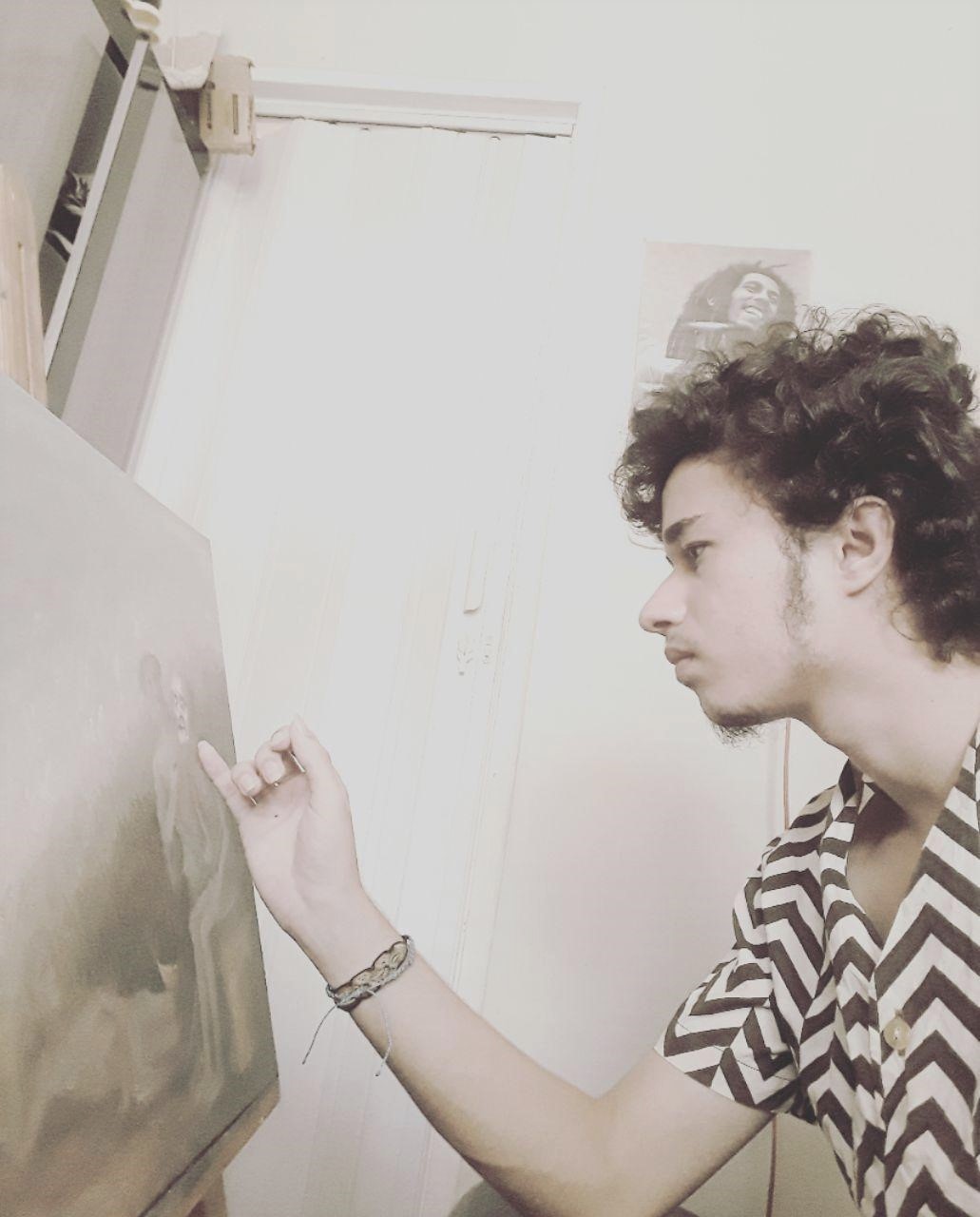At 18 years old I studied philosophy in the capital, and studied painting in my spare time. By chance I came across Odd Nerdrum’s work. Until then I had no specific taste in painting or an explicit reason about what I wanted with painting. However, I knew that I liked to tell stories. Seeing Odd’s paintings and being amazed by their dramatic content, I came to the conclusion that that is what I wanted to do! “I’m going to imitate him.”
I got to know other painters who followed him, and the kitsch movement. I started to study it, and to imitate them.
A question that intrigued me during my stay in the capital arose from seeing works of art (figurative and scenic). I did not understand their content or purpose. This art was linked only to the feeling, personality, and worldview of the person who made it. Only with help from critics or the artist himself could one understand art. Not even the artist’s description helped to clarify because they were imbued with subjective, conceptual, and allegorical questions linked to modernism. Instead of helping the public’s understanding — the description made it more confusing. Observing further, I realized that art is only for those immersed in intellectual, conceptual, and allegorical theories. For outsiders it is impossible to understand.
Classical narrative painting, known as ‘kitsch’, is universally understood. In it, the painting and title are enough. There is no need for further explanation by the painter or critics. I have come to understand that this has to do with our intentions. If you want to put just a black dot on a white canvas: do it. Don’t ask me to do so. Kill me or exile me. I don’t follow the current spirit of art.
Art is not what my soul longs for — I want to make paintings that everyone can understand, and see for their poetry. Through my paintings I want to tell about human life and its nature. That is why I have not become an artist, but a kitsch painter.
